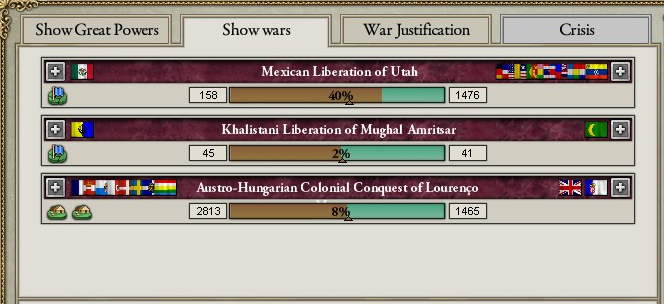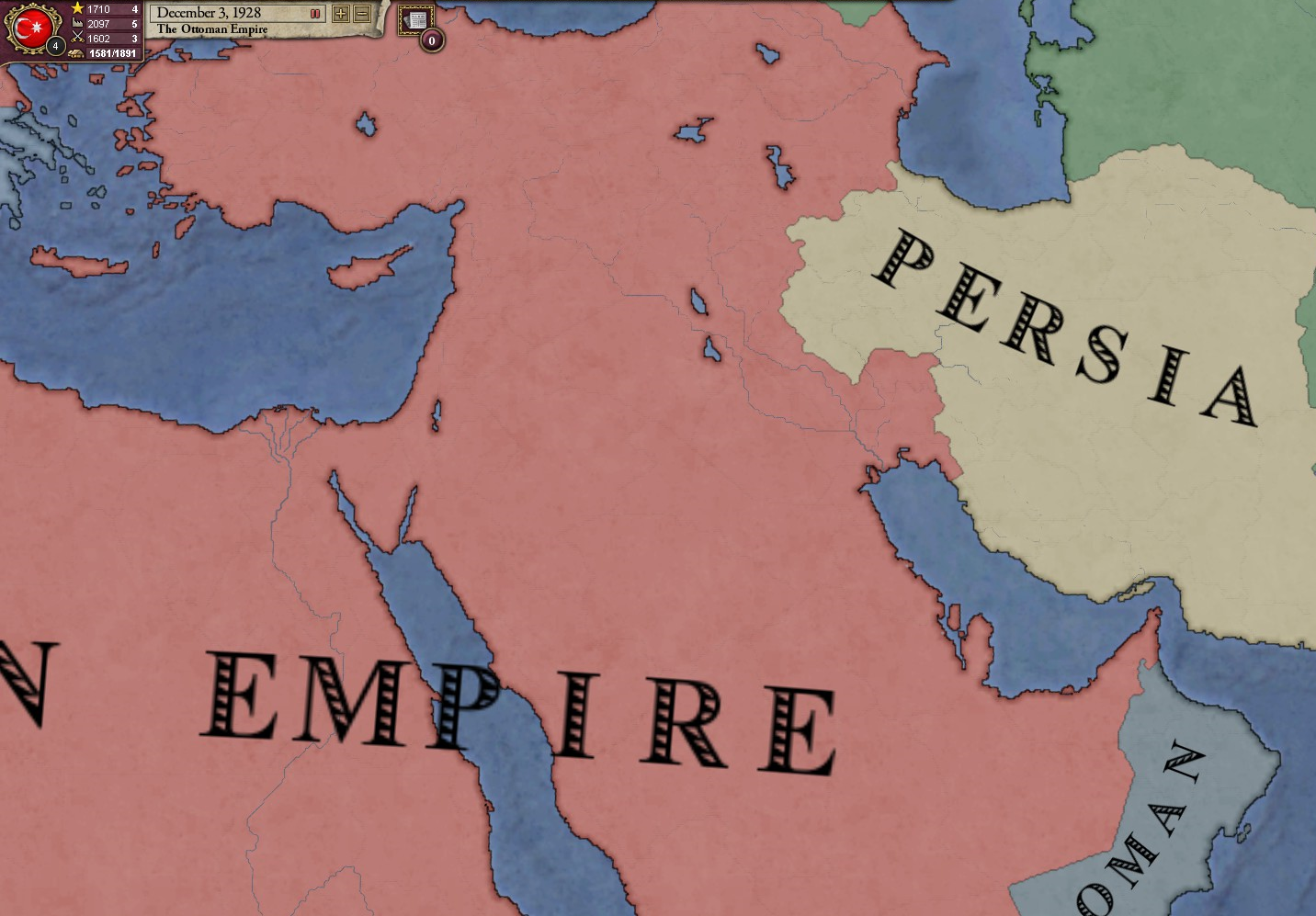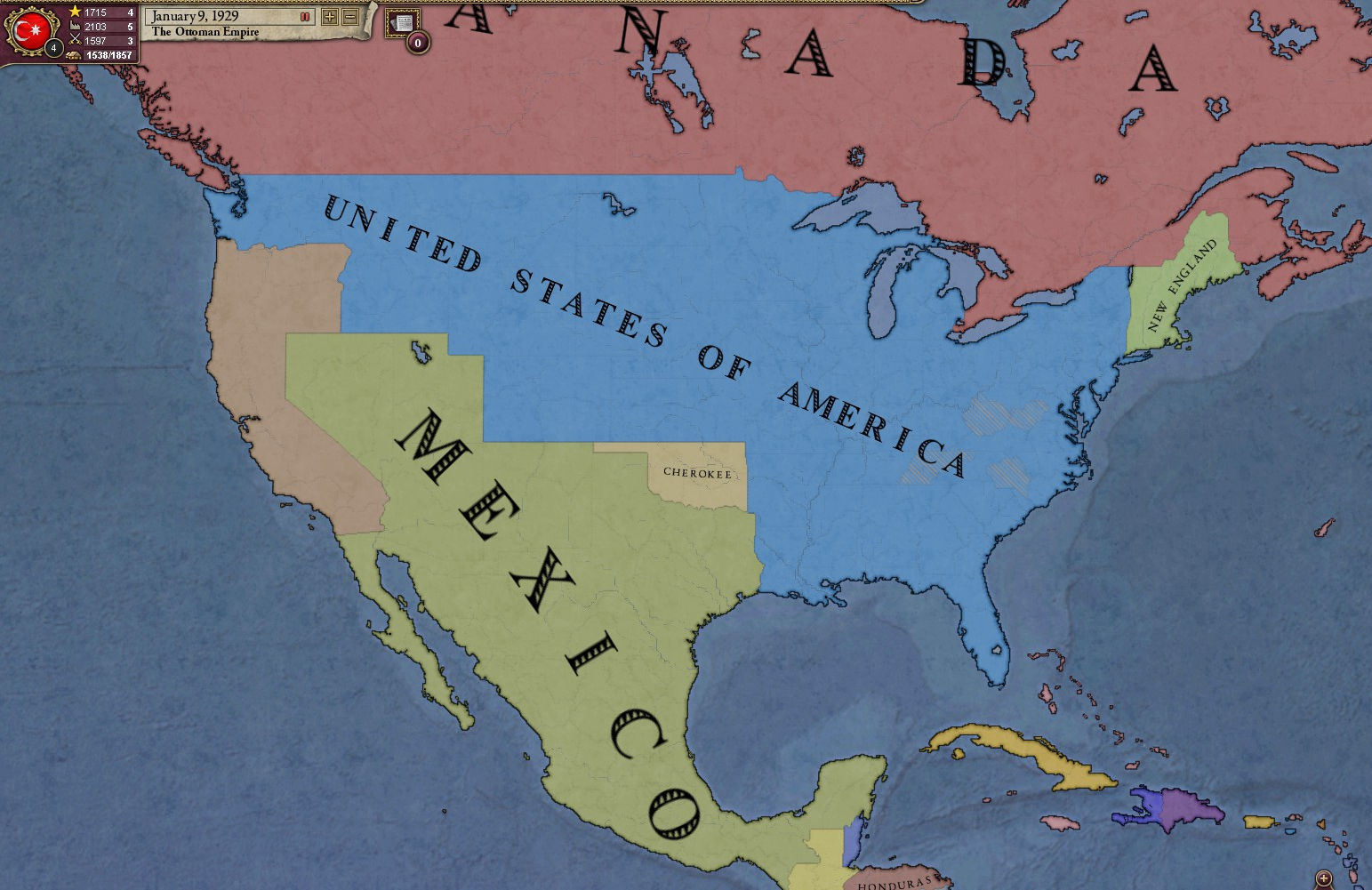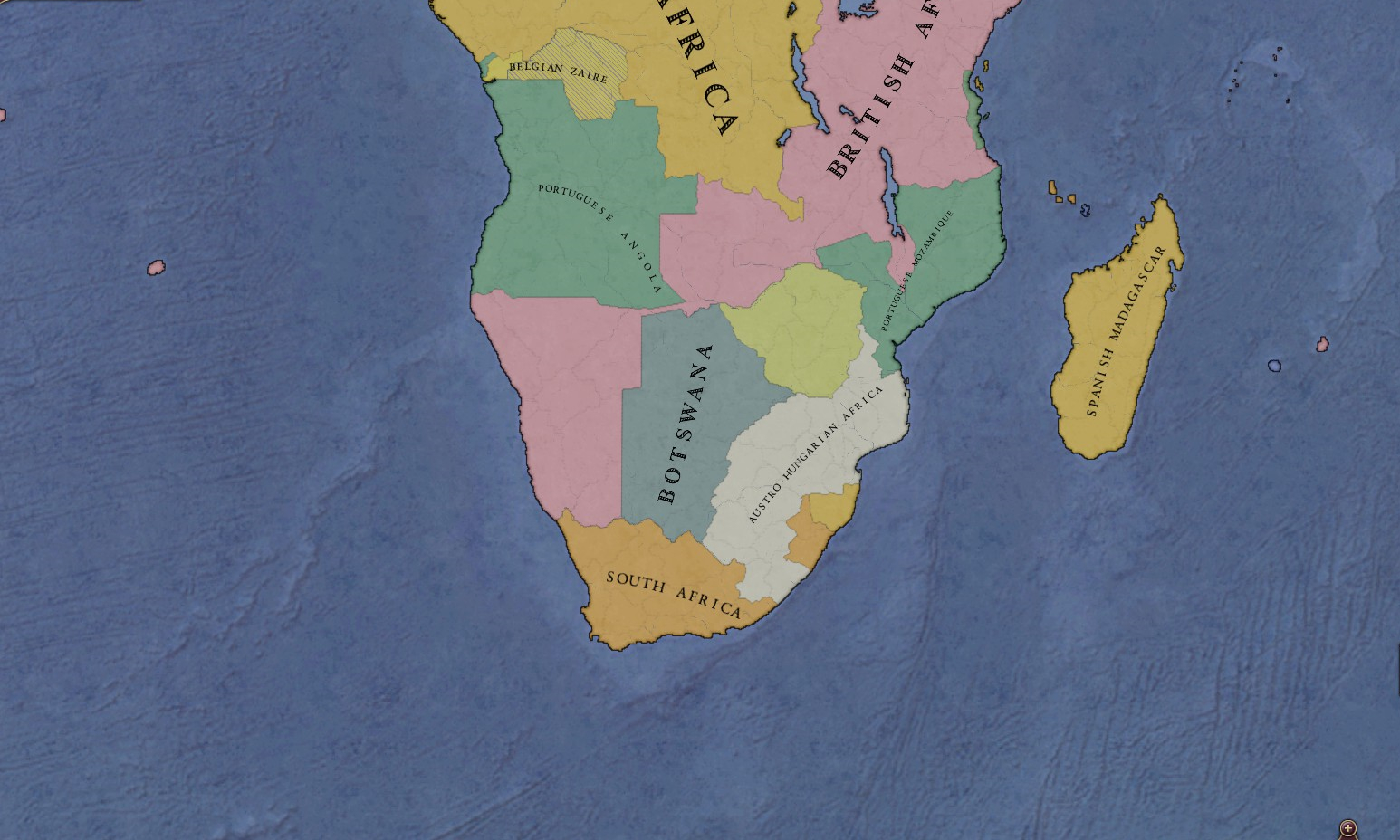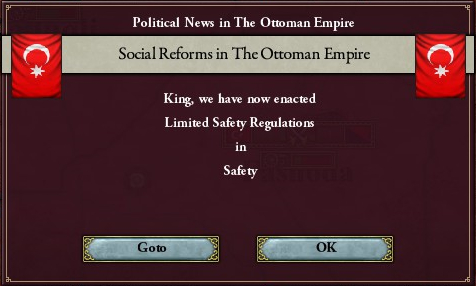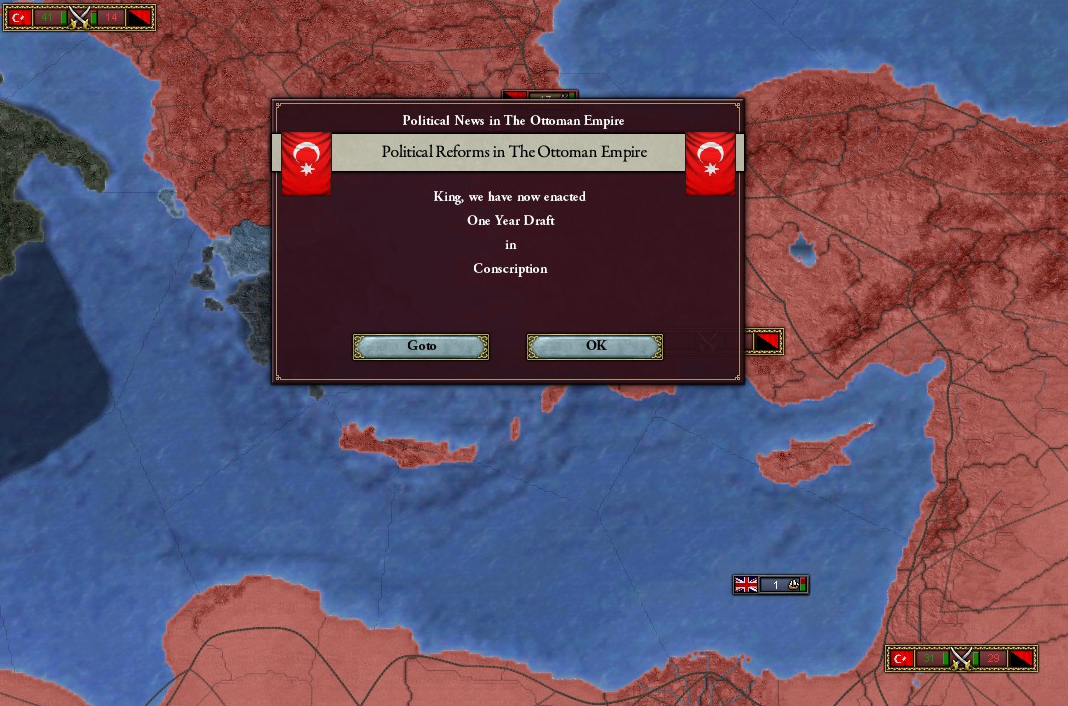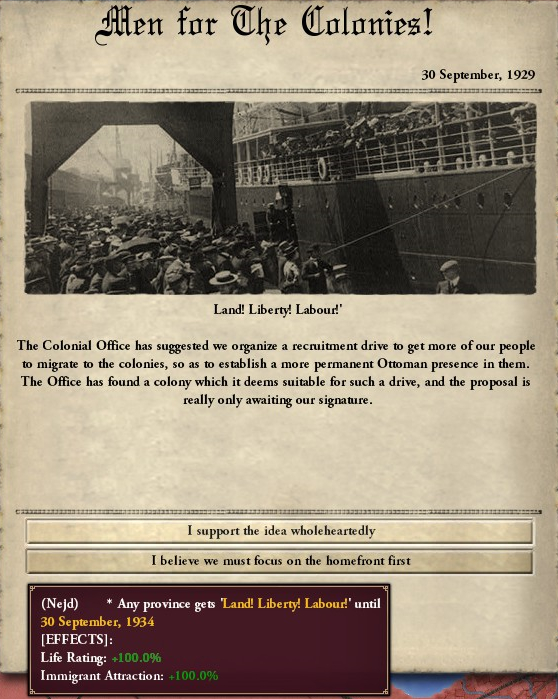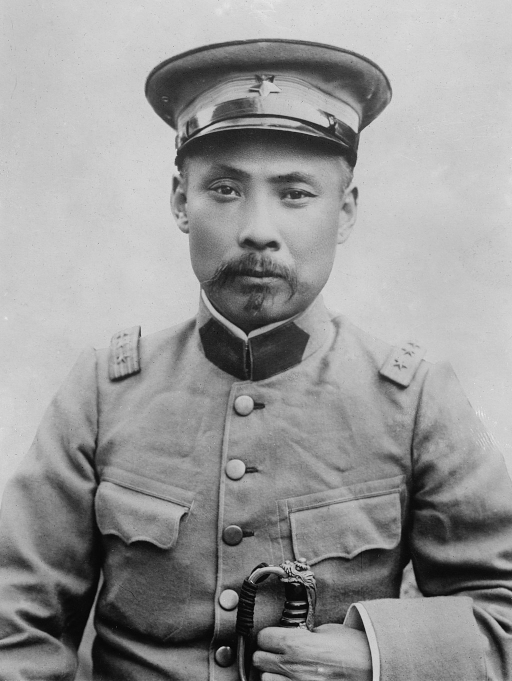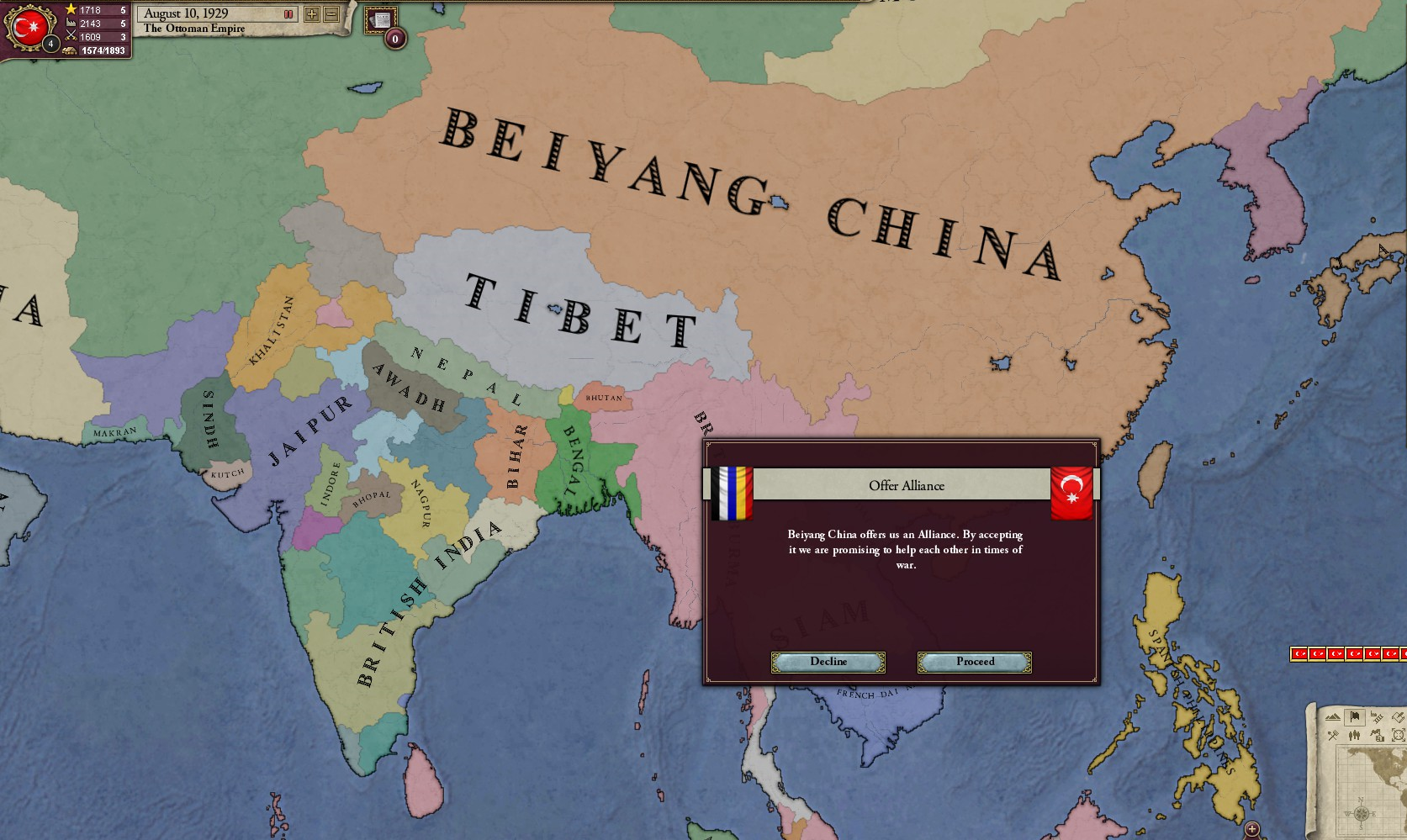a great new episode just in time

it's great to see those periods of prosperity and advancement. we are advancing not only economically but also socially. I was expecting some more reforms though.
good job with the secularization and the subsequent elections. it seems like everything will get only better from here

except france, we're now on bad terms with nearly all other great powers as I can remember, and except spain (and iraq if you count them) we're on bad terms with all our neighbors. we'll need a few more allies in case things turn south and we have to fight all our neighbours simultaneously. how are central asian nations doing? or xinjiang? is pakistan still controlled by the british? what about switzerland? they can be a thorn in the side of both italy and austria, but I guess they're sphered by the french?
Relations with Germany are still reasonably good - we've not joined any French wars against them, at least. But yes, we do have three GP's with irredentist claims against us (AH, Russia, Italy), not great relations with America, and pretty poor relations with Britain too (I had been trying to raise relations with them prior to the Third Great War, which destroyed them again).
Russia has successfully reasserted control in Central Asia now, and with the way Beiyang China is going I expect Chinese reunification to be completed and Xinjiang to disappear in the near future. Which might also see China break into the ranks of the Great Powers. As for allies, we have our sphere of influence, which currently includes: Belgium, Brazil, South Africa, Atjeh, the Dominican Republic, and of course our ever loyal vassals in Romania. We also still have an alliance with Japan. Most other European countries are in someone's sphere of influence - usually either the French or the Austro-Hungarian (I believe Switzerland is in the latter). The recession of British control in India does indeed provide opportunities for allies though, although the Communists and Fascists are both doing awfully well in the myriad of successor states arising there.
On the one hand, as an American, there's a bitter irony about an update chronicling the slow and ongoing death spiral of the United States in this universe (losing a war to Canada of all nations, no less!) being posted on the eve of our nation's birthday in the real world.
On the other hand, as an archaeology buff, I'm rather chuffed to see the Ottomans being at the forefront of uncovering new ruins to explore and artifacts to catalog, as well as their steady progress in education and the arts generally.
I sort of expected Canada to win given that they had French support, but the way the Mexicans are rolling through the US has come as a complete surprise to me (especially as it's only a few years since the Mexicans got beaten down by the British for trying to invade California). The amount of civil unrest in America is clearly causing them some very big issues now.
Great update. Couple more questions:
1. Is Umm Kalthoum gonna show up? If yes will she still become the Star of the East?
2. Is the BBC still a thing? Or will an Ottoman equivalent dominate the airways instead?
3. In the OTL that was the plan, but it never materialized since the British feared it being used by the Ottomans and Russians to threaten their power in India. Since the British Empire is no longer the dominant force in India what's the plan for the Ottomans? Will they assert their power in the Indian Ocean and kick-start the Indian Ocean trade?
4. Has oil been discovered yet?
5. Will the Greeks be finally pacified?
1. With V2's lack of representation of individuals I'll lean on probably not, although she seems like a very interesting individual, so I might be able to find a way to slot her in.
2. Aye, the British have a decision to found the BBC that I'm sure they'll have taken - but given the fracturing of the Anglospeaking world going on with the decline of both Britain and America, I'm sure the Ottoman Empire will have our own very much more illustrious public broadcaster

3. The Ottoman Navy has a major base in Kuwait at the moment, and when the naval modernisation plan is complete I certainly plan to station a significant squadron of ships there to ensure control of the Indian Ocean (currently the Indian Ocean Squadron is made up of extremely outdated ironclads and monitors). Expanding our influence into the Indian subcontinent would be an excellent strategic goal though, and if an opportunity arises we'll definitely look to take it.
4. Yes. The Ottoman Empire is one of the largest producers of oil at this point - with significant oilfields having thus been discovered in Azerbaijan, Georgia, Albania, Tripolitania, and Mesopotamia (as well as others in the Arabian Peninsula, but they don't produce as much due to low population). Plus our Romanian satellites also have a couple of very well developed oilfields.
5. The Greeks are currently in the Habsburg sphere of influence, and the Habsburg's are still allied with the French, so I'm not too keen to take them on. If I can break the Franco-Habsburg alliance then retaking Greece will certainly be a goal to go after though, along with the recapture of Croatia.
Great update! More interesting developments in North America - the US of this timeline truly seems to be a spent force.
Also a wonderful era for the Sublime Porte - I only hope your Titanic is more successful than the original!

I hope so too!



